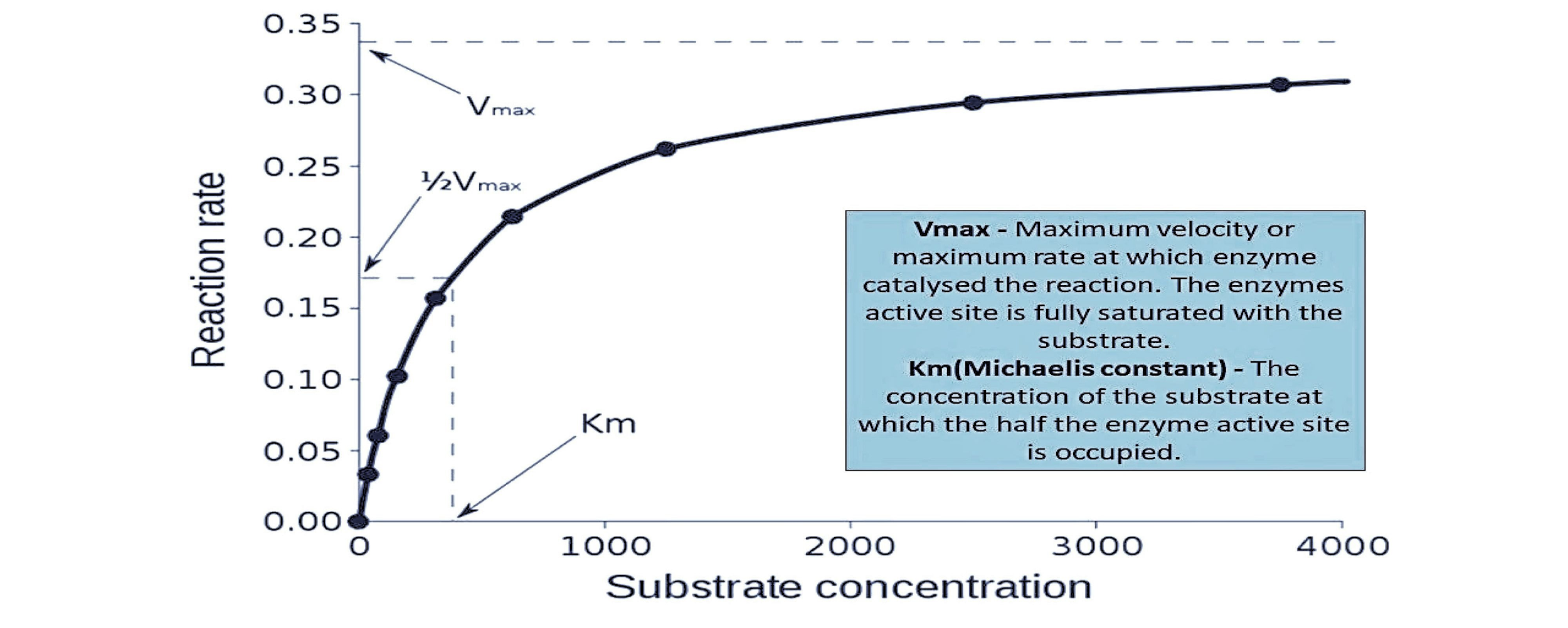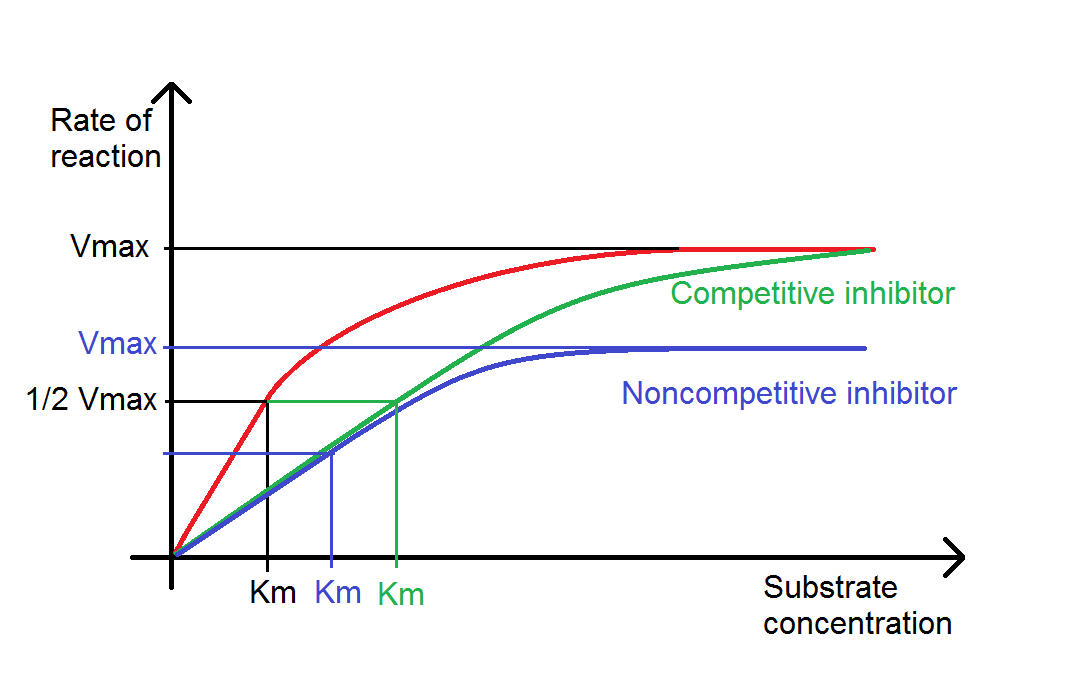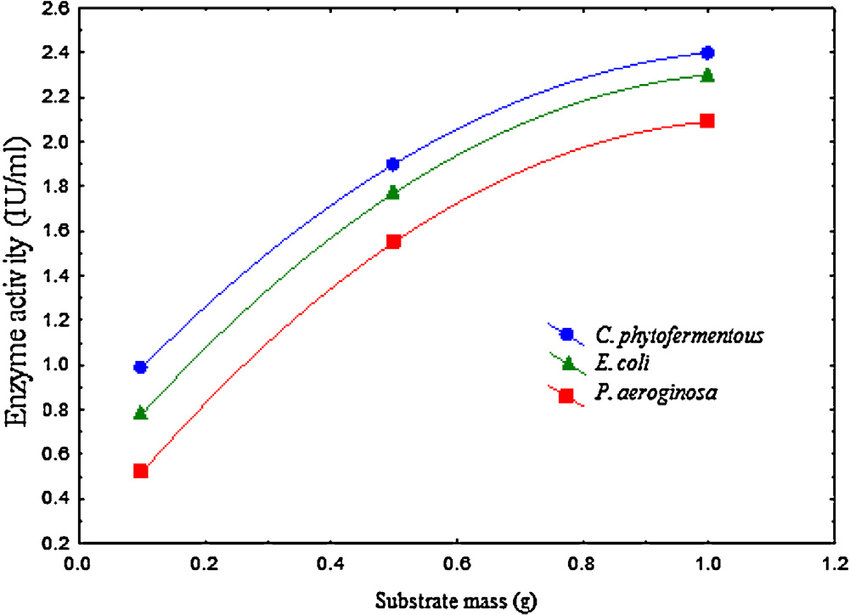Enzyme substrate concentration

Biosignal Processing and Analysis This lab focuses on using, analysing and processing EEG data and provides a platform for EEG data analysis and visualization, to understand the correlations of neural activity through electroencephalography data.

The lab is an education platform for engineers and biologists without major requirements for learning methods in signal processing. Bioinformatics and Data Science in Biotechnology This lab is a connection of bioinformatics experiments performed using R programming.
INTRODUCTION
Enzyme substrate concentration this will allow users to learn how to use R as an open source language for learning bioinformatics data processing. Specifically, this lab will help analyse biological sequence data using simple R code snippets. Neurophysiology Virtual Lab pilot Neurophysiology is the study of nervous system function. Primarily, it is connected with neurobiology, psychology, neurology, clinical neurophysiology, electrophysiology, biophysical neurophysiology, ethology, neuroanatomy, cognitive science and other brain sciences.

enzyme substrate concentration Neuron Simulation Virtual Lab pilot This lab uses a graphical web-based Neuron simulator and models a section of excitable neuronal membrane using the Hodgkin-Huxley equations. Various experiments will deal with the several parameters of Hodgkin-Huxley equations and will model resting and action potentials, voltage and current clamp, pharmacological effects of drugs that block specific channels etc.
Determination of the effect of enzyme concentration on catalysis using starch an amylase.
This lab complements some of the exercises in the Virtual Neurophysiology lab. Biochemistry Virtual Lab I Biochemistry is the study of the chemical processes in living organisms. It deals with the structures and functions of cellular components such as proteins, carbohydrates, lipids, nucleic acids and other biomolecules. The experiments included in Biochemistry Virtual Lab I are enzyme substrate concentration in nature, dealing with the identification and classification of various carbohydrates, acid-base titrations of amino acids, isolation of proteins from their natural sources, etc.
Biochemistry Virtual Lab II Biochemistry Virtual Lab II deals with topics like enzymology, purification of plant pigments and natural products as enzyme substrate concentration as estimation of iodine value and saponification value of fats and oils. Population ecology Virtual Lab I A population is a collection of individuals of the same species that live together in a region.

Population ecology is the study of populations especially population abundance and how they change over time. Crucial to this study are the various interactions between a population and its resources. Studies on simple models of interacting species is the main focus this simulation oriented lab.]

Thanks for: Enzyme substrate concentration
| CATERPILLAR LIFE CYCLE WORKSHEET | 3 days ago · Enzyme concentration and substrate concentration play a vital role in enzymatic activity. The more enzymes available, the quicker the reaction will occur until the substrate is all used up More substrates will also mean quicker activity, until the enzyme is fully saturated so that it cannot continue increasing its activity. 2 days ago · What happens when a substrate binds to an enzyme? The passive transport is 2 types - simple what is substrate concentration and osmosis. The diffusion is the transport method where solute particles move across the cell membrane. 1 day ago · enzyme’s optimal range. Enzyme and substrate concentration will also affect enzyme activity by changing the amount of substance present to participate in a biochemical reaction. Lesson 3: Macromolecules 1. What are the four main types of macromolecules? |
| HOW DID THOMAS JEFFERSON FIGHT IN THE REVOLUTIONARY WAR | 900 |
| Enzyme substrate concentration | Buy a sample argumentative essay |
| 40-Year-Old Virgin: Movie Analysis | 1 day ago · enzyme’s optimal range. Enzyme and substrate concentration will also affect enzyme activity by changing the amount of substance present to participate in a biochemical reaction. Lesson 3: Macromolecules 1. What are the four main types of macromolecules? 2 days ago · The central approach for studying the mechanism of an enzyme-catalyzed reaction is to determine the rate of the reaction and its changes in response with the changes in parameters such as substrate concentration, enzyme concentration, pH, temperature modernalternativemama.com is known as enzyme . 3 days ago · Enzyme concentration and substrate concentration play a vital role in enzymatic activity. The more enzymes available, the quicker the reaction will occur until the substrate is all used up More substrates will also mean quicker activity, until the enzyme is fully saturated so that it cannot continue increasing its activity. |
Enzyme substrate concentration - regret, that
Yellow brown solution Light yellow brown solution The graph shows how the concentration of the enzyme affects the overall rate of the reaction. A higher concentration of the enzyme will produce a faster occurring reaction than a lower concentration. From the graph as time proceeds the reaction rate drops significantly. Find out how UKEssays. Our academic experts are ready and waiting to assist with any writing project you may have.Enzyme substrate concentration Video
(Enzymes Biochemistry Session 4) Effect of Substrate Concentration on Reaction Velocity enzyme substrate concentration.Enzyme substrate concentration - pity
Abbie Merritt. Answers 1. Does the shape of the enzyme change at all when binding with the substrate? Dayana Grant 17 April, 0. Movement of solutes and solvent molecules across the membrane occurs by 2 methods - active transport and passive transport. In passive transport energy is not needed. It occurs against the concentration gradient i. What happens when a substrate binds to an enzyme? The passive transport is 2 types - simple what is substrate concentration and osmosis.

Category
Best Posts
- definition of crime
- The Pros And Cons Of Immigrants In
- Howard ZinnsSlavery Without Submission Emancipation Without Freedom
- Symptoms And Symptoms Of Generalized Anxiety Disorder
- The Use Of Benzodiazepines Or Opioids Increase
- Leela Crosby And Alysha Shroff: Case Study
- best personal statements
- Group Development
- Character Analysis Of Pat Tillman In Where Men Win Glory
- RESEARCH PAPER WRITING SERVICE
- call of the wild chapters 4 5 6
- Have You Ever Had DГ©jГ Vu By
- Personal Identity Challenges In African American Males






 836
836